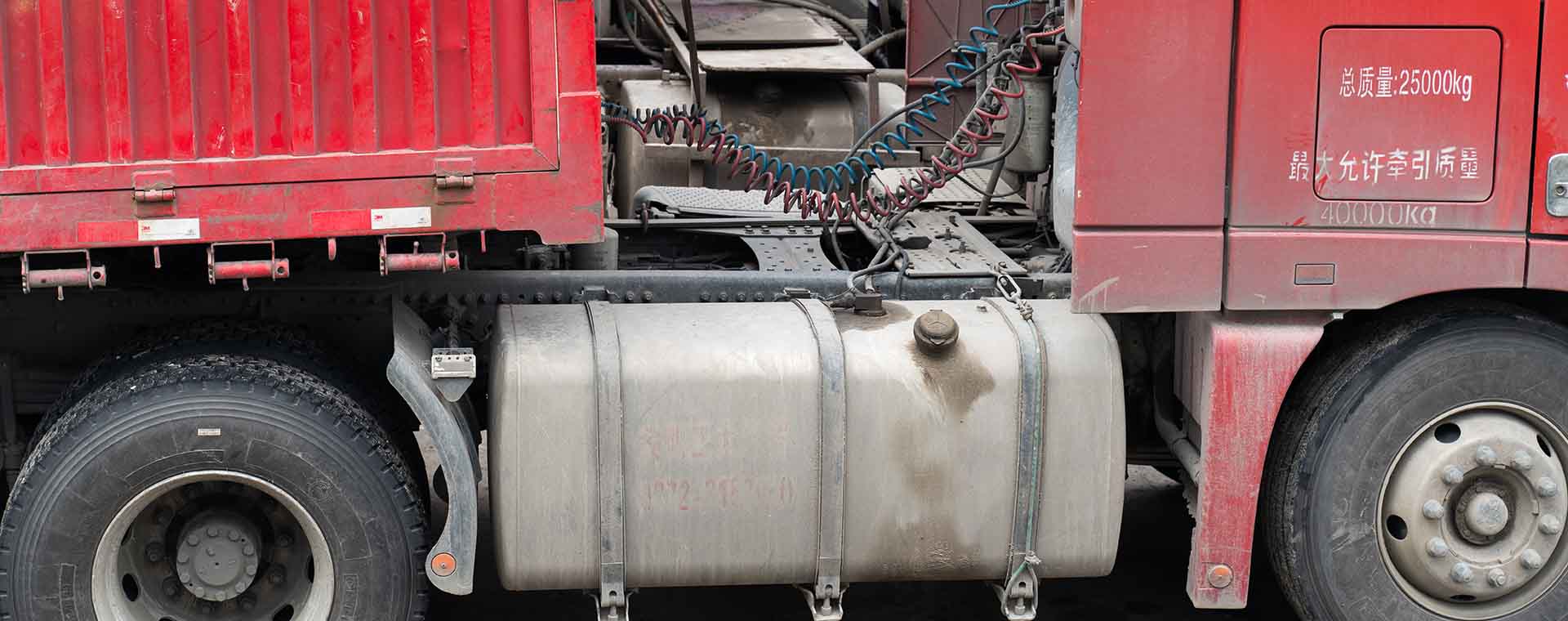Introduction:
Aluminum alloys have gained immense popularity in the manufacturing of fuel tanks due to their unique combination of attributes such as lightweight, corrosion resistance, and versatility. The choice of the right aluminum alloy plays a vital role in ensuring the longevity, safety, and performance of fuel tanks. In this article, we'll explore the aluminum alloys commonly used for fuel tanks and the reasons behind their suitability.
Aluminum Alloys for Fuel Tanks:
-
Aluminum Alloy 5052:
-
Corrosion Resistance: Alloy 5052 boasts excellent resistance to corrosion, making it a favorable choice for fuel tanks that might house corrosive fuels or endure harsh environmental conditions.
-
Weldability: This alloy offers good weldability, facilitating the manufacturing process and ensuring strong joints in the tank's construction.
-
Moderate Strength: While not the strongest aluminum alloy available, 5052 offers sufficient strength for many fuel tank applications.
-
Common Applications: Fuel tanks for boats, small aircraft, and recreational vehicles.
-
Aluminum Alloy 5083:
-
Superior Corrosion Resistance: Alloy 5083 goes a step further in terms of corrosion resistance and is often used in marine environments and applications involving aggressive fuels.
-
Increased Strength: With higher strength compared to 5052, this alloy provides enhanced durability and safety for fuel containment.
-
Resistance to Harsh Environments: 5083 excels in harsh conditions, making it suitable for off-road vehicles and industrial machinery.
-
Common Applications: Fuel tanks for military vehicles, off-road trucks, and heavy machinery.
-
Aluminum Alloy 6061:
-
Strength and Weldability: Alloy 6061 strikes a balance between strength and weldability, making it a versatile choice for various applications.
-
Moderate Corrosion Resistance: While not as corrosion-resistant as 5052 or 5083, 6061 can still perform well in less aggressive fuel environments.
-
Formability: 6061's formability facilitates intricate tank designs and customization.
-
Common Applications: Customized fuel tanks for motorcycles, performance cars, and specialized vehicles.
Conclusion:
Selecting the appropriate aluminum alloy for your fuel tank is a decision that should be guided by factors such as the type of fuel, anticipated operating conditions, and regulatory requirements. Alloy 5052, 5083, and 6061 are just a few of the many aluminum alloys available, each offering a unique set of benefits tailored to specific applications. To ensure the best results, consult with experts who can provide insights into material compatibility and industry standards, ultimately leading to a fuel tank that combines safety, performance, and longevity.

If you have any questions about aluminum products, please feel free to contact us.
E-mail: climb@climbalu.com
Tel & Whatsapp: +86 18838255932
Web: https://www.climbalu.com/
